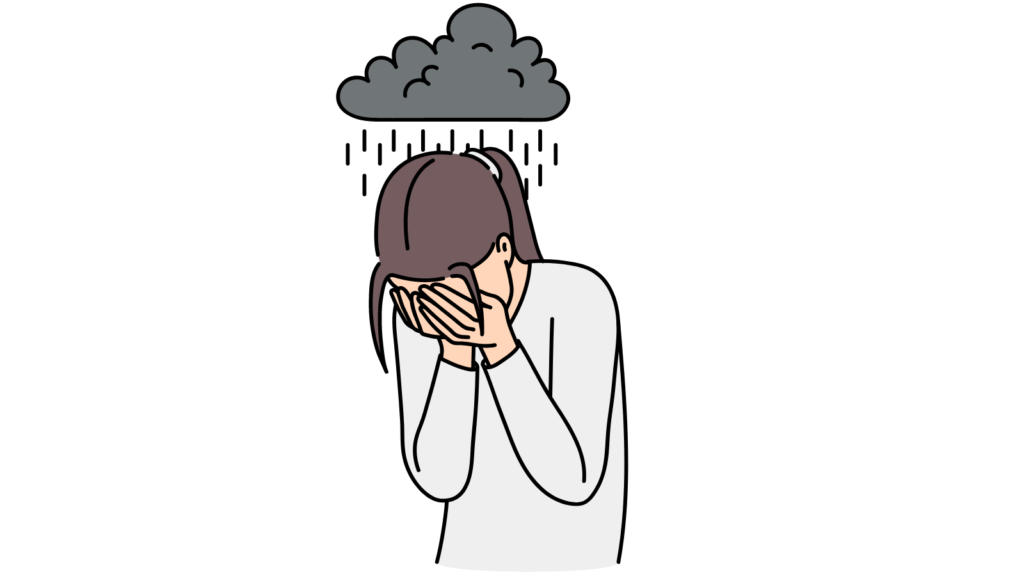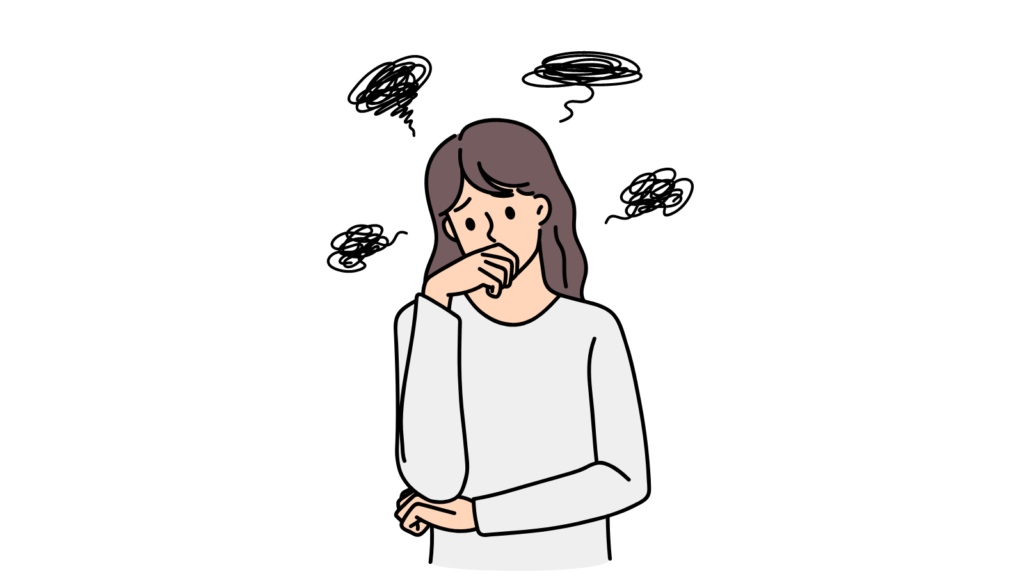In this blog, we look at grief and what you might be experiencing if you’ve lost someone you know.
What is grief?
When someone you know dies, it can be extremely difficult. You may be grieving because of the death or loss of a family member, friend, peer, colleague or pet.
There’s no one way to grieve. Your grief might be influenced by your relationships with the person, culture, beliefs, or how your friends, family and community think about death.
Grief can involve a lot of different emotions like sorrow, anger, resentment, shock, guilt and relief. You may also feel numb and not feel anything. Grief can affect how you feel, both mentally and physically.
However, people can still feel grief toward those who are living. Grief can also be felt after a change in relationship, such as a breakup or moving far away from those you love. Grief can also be felt if someone you’re close to develops an illness like dementia or cancer.

Dealing with grief
Grief is a process. There’s no certain length of time it can last, just like there’s no specific way you should think or feel. Sometimes you’ll feel grief when you least expect it, even years after your loss.
Most people work through their grief with the support of those around them, like their friends, family and communities. Grief can be isolating, so talking is a great way to work through grief. If you don’t feel you can talk to those around you, you could seek support from grief counselling services and helplines.
Expressing yourself can be really beneficial to help with the process of grief. You could write a letter to the person you’ve lost telling them everything you want to say to them. You could keep a journal or a diary of how you feel. You could write a poem, rap, or song in memory of the person you’ve lost or even draw or paint a picture of them. Creating a memory box or scrapbook full of photographs and items that remind you of the lost person could also help you express your grief.

Moving on from grief
Some people feel guilty for not feeling intense grief anymore and being able to carry on with their lives. This doesn’t mean that you don’t care for the person you have lost. You can move on and continue to live your life the way you want.

Grief is becoming too much
There are many services and helplines across Wales and the UK to support your work through grief. A list of be found on TheSprout’s Grief, Loss and Bereavement Information Page.
If your grief is becoming too much to handle, contact your GP about how you feel.
Related Information
Visit TheSprout’s Grief, Loss and Bereavement Information Page.
Find out how to support a friend through grief.
Grieving whilst someone is still alive? That’s called anticipatory grief.




